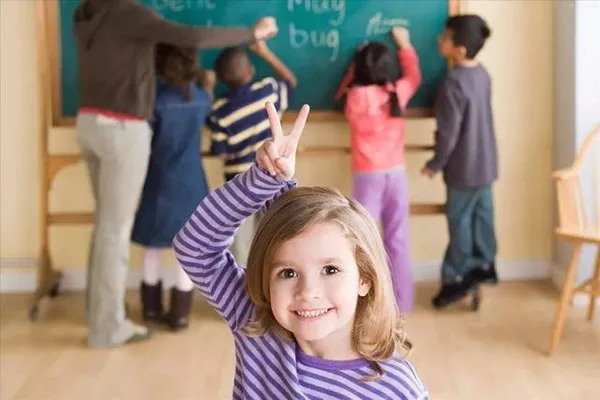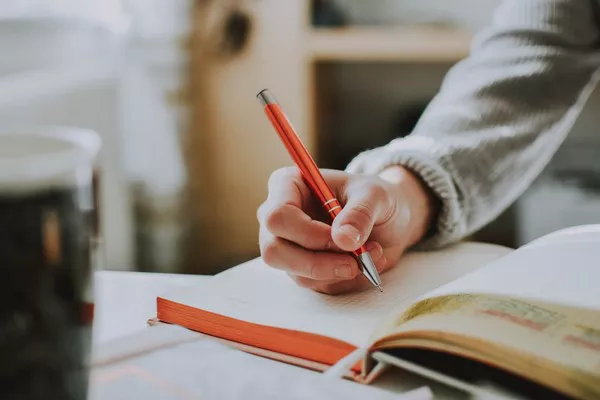Friendship is often considered a reciprocal and mutually enriching bond between individuals, built on shared experiences, trust, and camaraderie. However, there are instances where the dynamics of friendship become unbalanced, leading to what is commonly known as unreciprocated friendship. In this article, we will explore the nuances of unreciprocated friendship, shedding light on the challenges it poses, the impact on individuals involved, and strategies for navigating these uncharted waters.
Defining Unreciprocated Friendship: An Imbalance in Connection
Unreciprocated friendship refers to a situation where the level of investment, commitment, or emotional connection in a friendship is uneven. In other words, one person may be more invested in the friendship than the other, leading to an imbalance in the dynamics. This asymmetry can manifest in various ways, such as one friend consistently initiating contact, making efforts to maintain the relationship, or expressing more significant emotional investment compared to the other. Unreciprocated friendship can be emotionally challenging for the individual who feels their efforts are not matched by their friend.
Recognizing the Signs: Identifying Unreciprocated Friendship
Identifying unreciprocated friendship requires a keen awareness of the dynamics and subtle cues within the relationship. Signs may include uneven communication patterns, where one person consistently initiates conversations or makes plans. Another indicator is the lack of shared effort in maintaining the friendship, such as one friend consistently canceling plans or not reciprocating gestures of kindness. Emotional imbalances may manifest as one person sharing more personal details or seeking support without a similar level of openness from the other. Recognizing these signs is crucial in addressing and navigating unreciprocated friendship.
Impact on Emotional Well-being: Navigating Uncharted Waters
Unreciprocated friendship can have a profound impact on the emotional well-being of the individual who feels their efforts are not reciprocated. Feelings of rejection, inadequacy, and loneliness may arise, leading to a sense of emotional vulnerability. The imbalance in the friendship dynamic can create internal conflicts, as individuals grapple with the desire for connection and the reality of an uneven relationship. Navigating these uncharted waters requires self-reflection, emotional resilience, and, at times, difficult conversations to address the imbalance.
See Also: Can friends with benefits turn into love?
Communication Breakdown: The Role of Open Dialogue
Communication breakdown is a common challenge in unreciprocated friendships, as individuals may hesitate to express their feelings or concerns. Open and honest dialogue is crucial in addressing the imbalance and fostering a deeper understanding between friends. Initiating a conversation about the dynamics of the friendship allows for the expression of feelings, expectations, and concerns. Friends may discover that miscommunication or differing expectations contributed to the imbalance, paving the way for a more transparent and mutually beneficial relationship.
Setting Boundaries: Establishing Equitable Expectations
Setting boundaries is essential in unreciprocated friendships to establish equitable expectations for both parties. Individuals may have different capacities for emotional investment, time commitment, or communication. Establishing clear boundaries helps define the parameters of the friendship and ensures that both friends are on the same page regarding their expectations. This process involves open communication, active listening, and a mutual willingness to respect and honor each other’s needs and limitations.
Reevaluating the Friendship: The Importance of Self-care
In navigating unreciprocated friendship, individuals must prioritize self-care and evaluate the impact of the relationship on their overall well-being. This may involve taking a step back to reassess the friendship, considering whether the imbalance is a temporary phase or a persistent pattern. Reevaluating the friendship allows individuals to determine if it aligns with their values, contributes positively to their lives, and supports their emotional well-being. If necessary, individuals may choose to distance themselves from the friendship for a period to gain clarity and perspective.
Seeking Support: Enlisting the Help of Others
Coping with unreciprocated friendship can be emotionally challenging, and seeking support from others is a valuable resource. Friends, family members, or mental health professionals can provide an external perspective, offer guidance, and lend a supportive ear. Sharing experiences with trusted confidantes can help individuals process their emotions, gain insights, and develop coping strategies. The support network becomes a crucial source of strength and encouragement during the navigation of unreciprocated friendship.
Embracing Change: Adaptation and Growth
Unreciprocated friendship often necessitates adaptation and personal growth. Embracing change involves acknowledging the evolving dynamics of the friendship, accepting the limitations, and adapting one’s expectations accordingly. Individuals may discover new aspects of themselves, develop resilience, and cultivate a deeper understanding of their needs and boundaries. Embracing change allows for personal growth and the possibility of fostering healthier connections in the future.
Letting Go: The Art of Detachment
In some cases, individuals may find that letting go of an unreciprocated friendship is the healthiest option for their well-being. Letting go does not necessarily signify failure but rather a recognition that the friendship may no longer serve both individuals in a positive way. Detachment involves releasing emotional attachments, accepting the reality of the situation, and focusing on personal growth and well-being. Letting go allows individuals to create space for new connections and experiences that align more closely with their evolving needs.
Learning from Experiences: Wisdom in Reflection
Unreciprocated friendships, though challenging, offer opportunities for self-reflection and personal growth. Individuals can reflect on the lessons learned from navigating these dynamics, gaining insights into their own needs, expectations, and boundaries. Understanding the factors that contributed to the imbalance in the friendship provides valuable wisdom for future connections. Learning from experiences allows individuals to approach future friendships with greater self-awareness and a deeper understanding of the dynamics that contribute to balanced and fulfilling relationships.
Cultivating Healthy Friendships: Moving Forward
Moving forward from unreciprocated friendships involves actively cultivating healthier connections. This process begins with self-awareness, where individuals gain a clear understanding of their needs, expectations, and boundaries in friendships. Actively seeking out and nurturing relationships that align with these values contributes to the cultivation of healthy and balanced friendships. Prioritizing open communication, mutual respect, and shared efforts ensures that future connections are more likely to thrive and contribute positively to individuals’ lives.
Conclusion
Unreciprocated friendship is a complex and emotionally charged phenomenon that requires careful navigation and self-reflection. Understanding the signs, fostering open communication, and setting boundaries are essential elements in addressing the imbalance within the friendship. While the journey through unreciprocated friendship may be challenging, it provides opportunities for personal growth, self-discovery, and the cultivation of healthier connections in the future. By embracing change, learning from experiences, and prioritizing self-care, individuals can navigate these uncharted waters with resilience and wisdom.
Related topics:




























